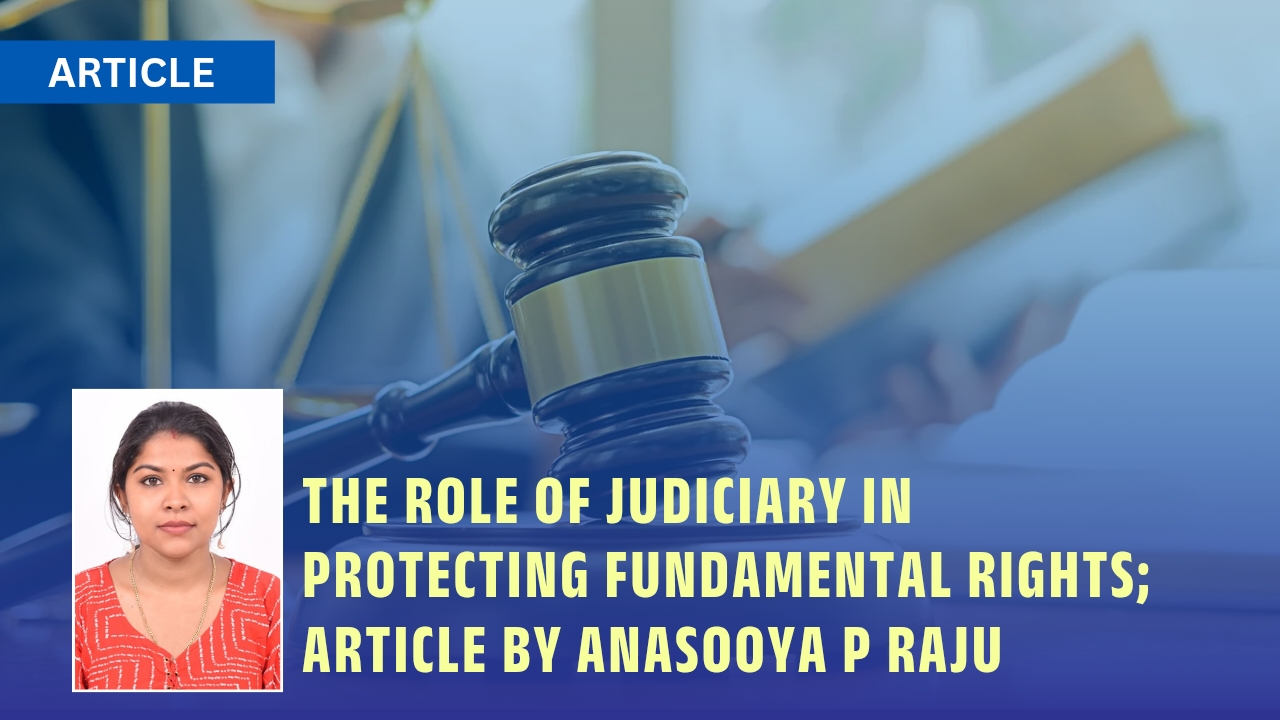In India, dying without a will (called intestate death) can create a maze of legal confusion for families left behind. When there’s no written instruction from the deceased on how their assets should be distributed, the law steps in and takes over. But here’s the tricky part: the way property is inherited depends largely on the deceased person’s religion.
Let’s walk through what happens when someone passes away without a will in India and how the inheritance is distributed according to their personal laws.
What Is Intestate Succession?
When a person dies intestate, it means they didn’t leave behind a legally valid will. In such cases, Indian law doesn’t just leave things up to the family to figure out. There are specific laws that kick in automatically to decide who gets what. These laws vary based on the religion the deceased followed, as India has different personal laws for Hindus (including Buddhists, Jains, and Sikhs), Muslims, Christians, and Parsis.
Hindu Succession: What Happens When a Hindu Dies Without a Will?
Hindus (including Sikhs, Jains, and Buddhists) are governed by the Hindu Succession Act, 1956. The rules differ slightly depending on whether the deceased is male or female.
When a Hindu Male Dies Intestate
The law categorizes heirs into different classes and follows a priority system. The first to inherit are called Class I heirs. These include the widow, son, daughter, and the mother of the deceased. If any of these are alive, they will inherit the property equally among themselves.
Illustration: If a man dies leaving behind a wife, one son, and his mother, each of them gets one-third of the property.
If no Class I heirs exist, then the property passes to Class II heirs, such as the deceased’s father, siblings, or nephews and nieces. If no heirs in this class are available either, the property is passed on to more distant relatives known as agnates (male relatives) and then to cognates (female relatives).
As a last resort, if no relatives can be found, the State Government inherits the property under a principle called escheat.
When a Hindu Female Dies Intestate
The succession path for women is more complex and often misunderstood. The law lays out the following order:
- First, her property goes to her children and husband.
- If they are not alive, it goes to heirs of her husband.
- If none of them are available, the property goes to her parents.
- Next in line are the heirs of her father, and then her mother’s heirs.
Illustration: Suppose a Hindu woman dies leaving behind a husband and one daughter. The property will be equally shared between the two. But if she dies without a husband or children, her in-laws might inherit before her own parents, depending on who is alive.
This difference in male and female succession often sparks debates, as the law tends to prioritize the husband’s family over the woman’s natal family.
It’s important to note that if a Hindu woman dies intestate and the property she owned was inherited from her parents, and she has no children, then that property will revert to her natal family, not her in-laws. On the other hand, if the property was inherited from her husband or father-in-law, it will go to her husband’s heirs. This is as per Section 15(2) of the Hindu Succession Act and plays a key role in how her estate is distributed.
Muslim Succession: Following Personal Law
Muslims are governed by their own personal laws derived from the Quran and Islamic traditions, and not by the Indian Succession Act. The rules differ for Sunni and Shia Muslims, but both follow a combination of fixed shares (Qur’anic heirs) and residuaries.
For Muslims, inheritance isn’t entirely flexible. Only one-third of the estate can be willed to someone outside the legal heirs. The rest is automatically distributed among legal heirs based on predetermined ratios.
Illustration: If a Muslim man dies leaving behind a wife and two children (a son and a daughter), the wife gets one-eighth (since he had children), and the rest is divided such that the son gets twice the share of the daughter.
The core principle in Muslim law is that male heirs receive double the share of female heirs, but all legitimate heirs, including daughters and widows, are entitled to inherit.
Muslim law also recognizes both agnatic and uterine (related through the mother) relatives. However, illegitimate children generally do not inherit.
Under Islamic personal law, adopted children do not inherit automatically. However, Muslims in India can legally adopt a child under the Juvenile Justice (Care and Protection of Children) Act, 2015. In such cases, inheritance rights would not apply under personal law unless the adopter explicitly allocates assets through a will, keeping within the one-third limit for non-legal heirs.
Christian Succession: Governed by Indian Succession Act
Christians in India are governed by the Indian Succession Act, 1925. It outlines how property is to be divided among the widow, children, and kindred relatives when there is no will.
If a Christian Man Dies Intestate
If he is survived by a wife and one child, the property is divided such that the wife receives one-third, and the child gets two-thirds. If he has more than one child, the wife still gets one-third, while the rest is divided equally among all the children.
Illustration: A man dies leaving behind his wife and three children. The wife gets one-third. The remaining two-thirds is divided equally among the three children.
If there are no children, the wife receives half the estate, and the other half goes to his relatives (such as parents or siblings).
Note: Christian law does not allow illegitimate children to inherit, though adopted children are considered legal heirs.
Parsi Succession: Also Under Indian Succession Act
Parsis also fall under the Indian Succession Act. If a Parsi man dies intestate, the property is divided equally among his widow, children, and parents.
Illustration: If a Parsi man leaves behind a wife, one son, and both parents, the property is divided equally among all four.
In the absence of immediate family, the property is distributed among more distant relatives as per the Act. If none exist, the government inherits it.
Just like Christians, illegitimate children do not inherit, but adopted children do.
What If You Don’t Belong to Any of These Religions?
If a person is not governed by any of the religious laws above, for instance, if they are atheist, of mixed religion, or fall outside the scope of any personal law, then they are governed by the general rules of the Indian Succession Act, 1925.
In such cases, the law treats close relatives (spouse, children, and parents) as priority heirs, and the property is distributed in a fair and equitable manner.
So, What’s the Risk of Dying Without a Will?
When a person dies without making a will, it sets off a chain of legal and emotional complications for the family left behind. Firstly, the distribution of property is no longer in your hands, it is governed entirely by the succession laws applicable to your religion. This means that your assets might go to people you never intended to benefit, simply because the law mandates it. For example, if a woman wants her property to go to her brother’s children but dies without a will, the law might prioritize her in-laws instead, depending on her religion and circumstances.
Secondly, family disputes are very common in intestate cases. When there is no clear legal instruction, multiple relatives may claim a share or question others’ rights to inherit. This can cause deep emotional rifts, prolonged legal battles, and even permanent damage to family relationships. In many cases, court proceedings over property disputes can stretch for years, draining both money and peace of mind.
Another serious consequence is delay in transferring property ownership. Legal heirs may have to obtain succession certificates, legal heirship certificates, and go through tedious paperwork to claim what could have been smoothly passed on through a will. Even if the heirs are cooperative, the procedural delays can significantly affect their ability to access and manage inherited assets like bank accounts, real estate, or investments.
Finally, if there are no known legal heirs, or if disputes prevent timely settlement, the property may ultimately escheat to the government. This means the State legally takes ownership of the deceased’s estate. It’s a rare outcome, but a sobering reminder that the absence of a will can lead to complete loss of control over your lifetime’s assets.
Why Writing a Will Matters
Writing a will is a practical step to ensure that your assets are distributed according to your preferences rather than by default legal provisions. In the absence of a will, succession laws based on religion apply, which may not align with how you actually want your property or belongings to be allocated. A will eliminates ambiguity and gives legal clarity to your intentions.
It also simplifies the process for your legal heirs. With a valid will in place, the process of transferring property such as bank accounts, real estate, shares, or insurance, quicker and more straightforward. It avoids the need for legal heirship certificates or court declarations, which are often time-consuming and may involve procedural hurdles.
A will also allow you to make specific allocations. For example, if you want to divide your estate unequally, provide for someone outside the legal heir circle, or assign particular assets to specific individuals, a will is the only way to legally do so. Otherwise, statutory succession laws will override such preferences.
From a compliance perspective, a properly executed will reduces the chances of disputes, delays, and litigation. It is also useful in cases involving self-acquired properties, complex family structures, or blended families, where succession rules may not adequately reflect real-world relationships.
Additionally, the process of making a will is neither complex nor expensive. It can be handwritten or typed, as long as it is signed and witnessed by two individuals. While registration is optional, doing so adds to its authenticity and reduces the risk of future challenges.
In short, writing a will is an efficient and legally sound method of managing the distribution of your estate. It helps ensure smooth succession, reduces administrative burden, and gives effect to your decisions within the framework of the law.




